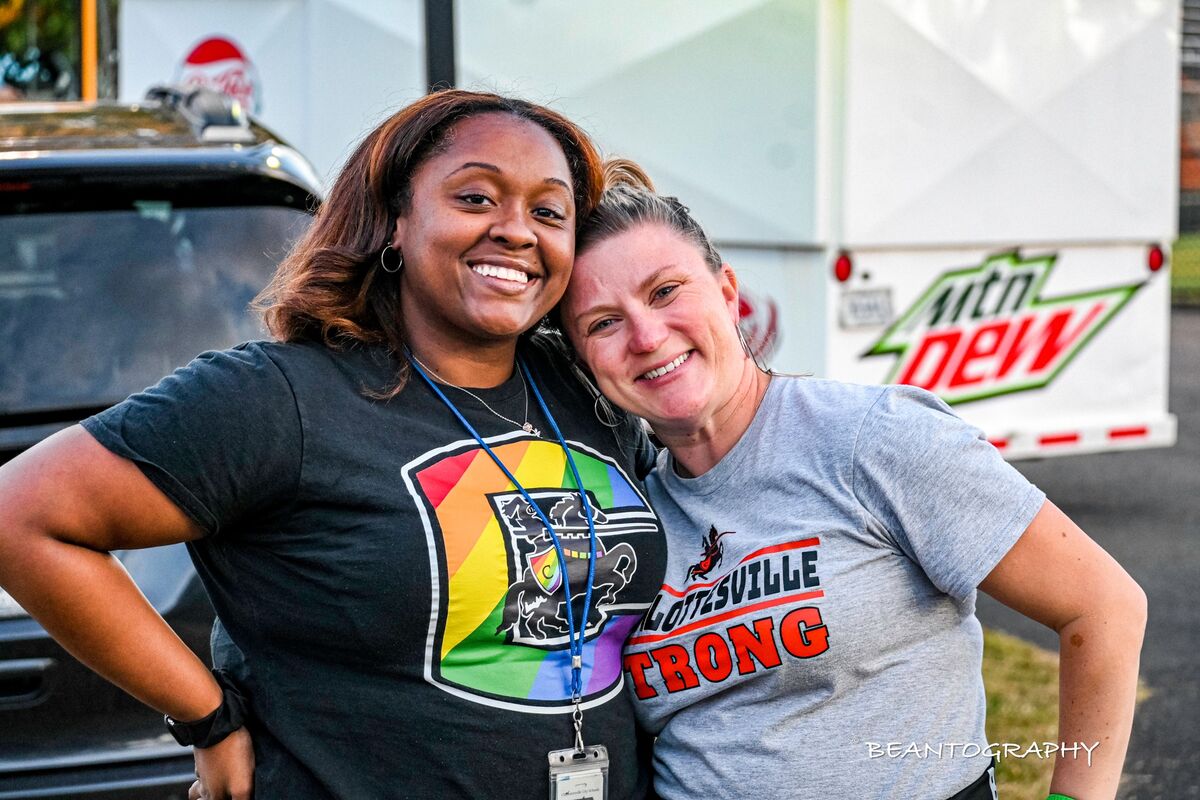State Dept. of Education Awards Cville Schools $235K Grant to Strengthen School-Community Partnerships
 The Virginia Department of Education has awarded Charlottesville City Schools a $235,000 grant to strengthen community partner support within schools. This one-year planning grant will help CCS establish the Community School Model, a framework in which schools, families, and community partners co-create school-based supports for students and families with the ultimate goal of advancing student achievement.
The Virginia Department of Education has awarded Charlottesville City Schools a $235,000 grant to strengthen community partner support within schools. This one-year planning grant will help CCS establish the Community School Model, a framework in which schools, families, and community partners co-create school-based supports for students and families with the ultimate goal of advancing student achievement.
“Charlottesvillle is a generous community that recognizes that students and families thrive when their needs are met and when their networks of relationships are strong,” said Dr. Denise Johnson, supervisor of strategic initiatives for Charlottesville City Schools. “We appreciate all the community partners and individuals who have been doing this work, and we are looking forward to leveraging the resources of this grant to make our joint work even stronger.”
The Community School Model: Collaborative Leadership and Support
This initiative is rooted in the Community Schools model, which will work to transform CCS schools into neighborhood hubs of opportunity, connection, and care. Community schools are designed to strengthen four core elements: collaborative leadership, family and community engagement, student engagement and motivation, and student mental health and basic needs.
Potential program examples supported by this grant include:
- Confidence & Comprehension Club (Grades K–6): Community Mentors and Partners will volunteer in after-school spaces to facilitate tutoring and mentoring. This effort utilizes CCS-provided literacy software and books to build foundational reading skills. Other examples include book clubs, reading circles, family reading nights, and weekend bookmobile visits or reading festivals.
- Bridge Builders (Grades 7–8): This program aims to help middle school participants build belonging and curiosity through exposure and mentorship. Activities include monthly “Teen Time” events featuring food, games, and rotating community-led enrichment (such as art, music, or entrepreneurship). Participants also receive mentorship matching with trained adults and engage in "Real Talk Circles" led by mentors and youth facilitators to process identity, mental health, and purpose.
- The Lab (Grades 9–12 + Alt Ed): The lab is designed to prepare older students for life beyond school. This program includes The Life Ready Academy, which promotes life skills workshops in areas such as financial literacy, developing resumes, maintaining cars, nutrition, shaving, time management, and tenant rights. The Lab also focuses on career exposure through job experience, college and career days, and apprenticeship placements. Crucially, every participating senior is matched with a mentor to support their transition to postsecondary plans.
To support the work outlined in the grant, CCS will hire a one-year, grant-funded Community Schools Specialist and will also use funds to purchase a van for the use of Cville Schools’ Family and Community Engagement and Community Schools programming. Next, CCS staff will continue to solidify roles for participating community partners, including the development of an advisory board with three working groups.
School divisions that receive this grant are also expected to work towards the Virginia Community School designation to help build a network for mutual support and learning. If state funding is available, CCS can apply for implementation funds.
About Family and Community Engagement at Charlottesville City Schools
The Family and Community Engagement (FACE) department at Charlottesville Schools works to connect families, community partners, and the schools. They work to meet families where they are and help families identify both strengths and areas for support. The FACE team works to understand and eliminate barriers to student success. Their events range from promoting community (such as tailgate parties at CHS athletics) to skill-building (such as workshops) to meeting real needs (such as managing the EdZone Essential Needs closet or distributing items such as coats, school supplies, or food). This community planning grant allows the FACE program to expand and solidify these programs and partnerships.

 Additional settings for Safari Browser.
Additional settings for Safari Browser.


